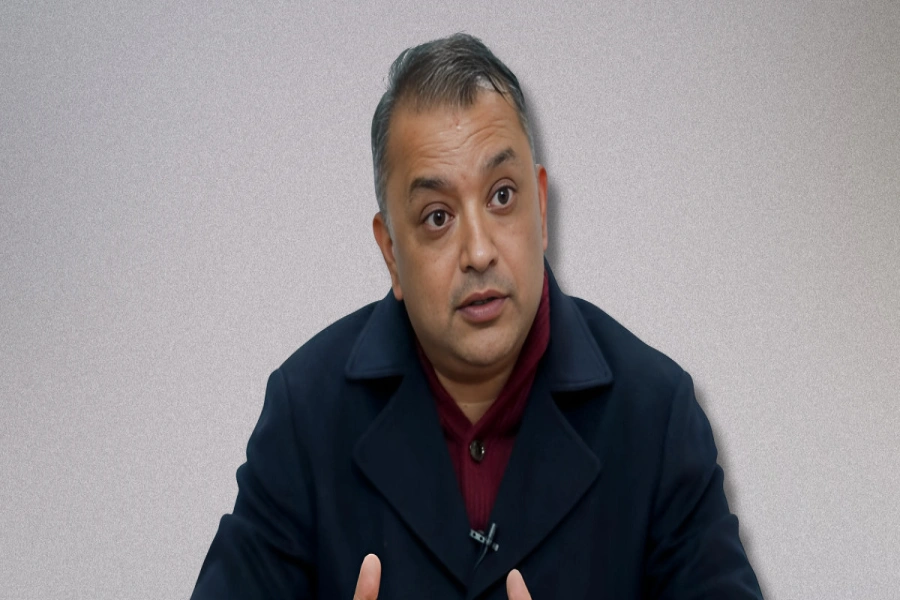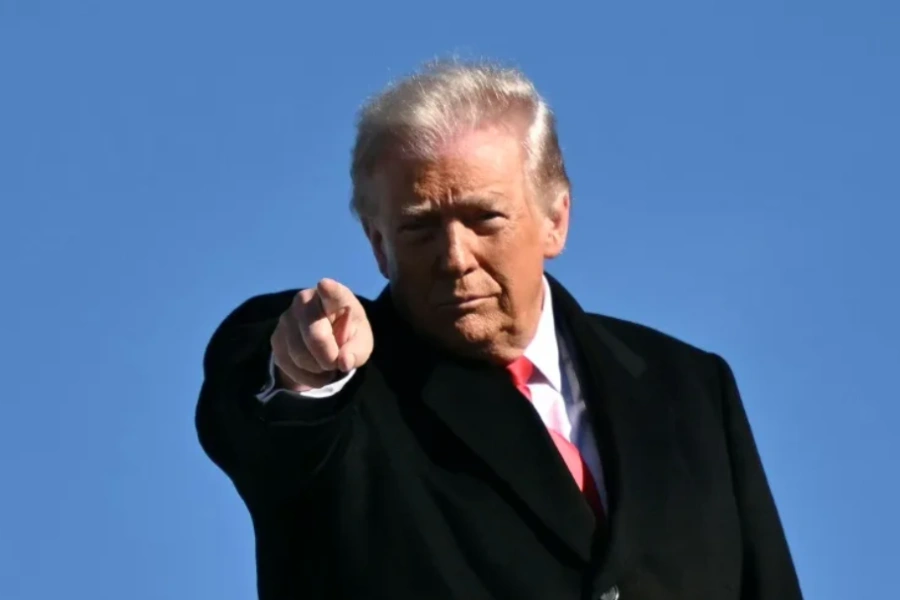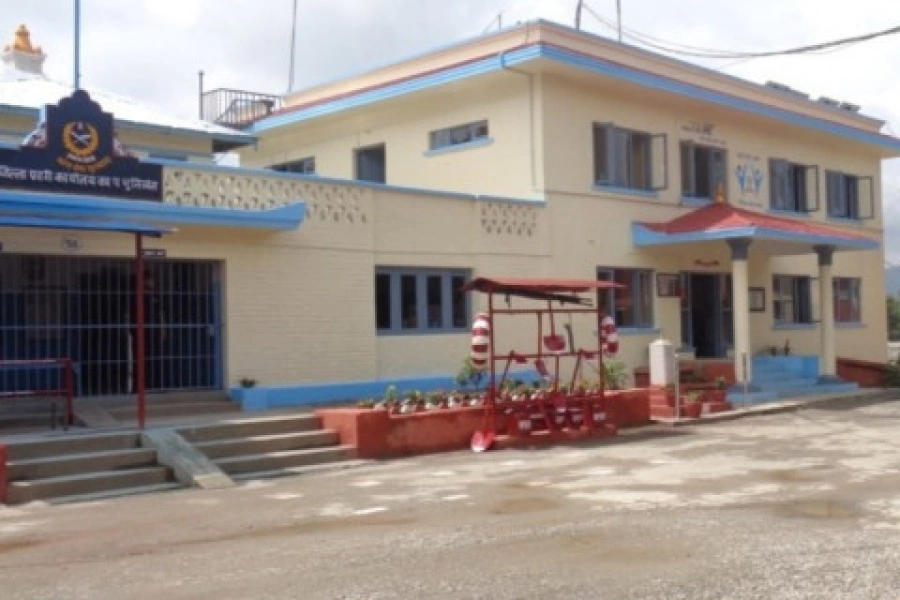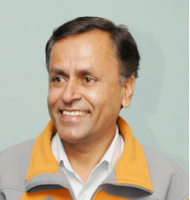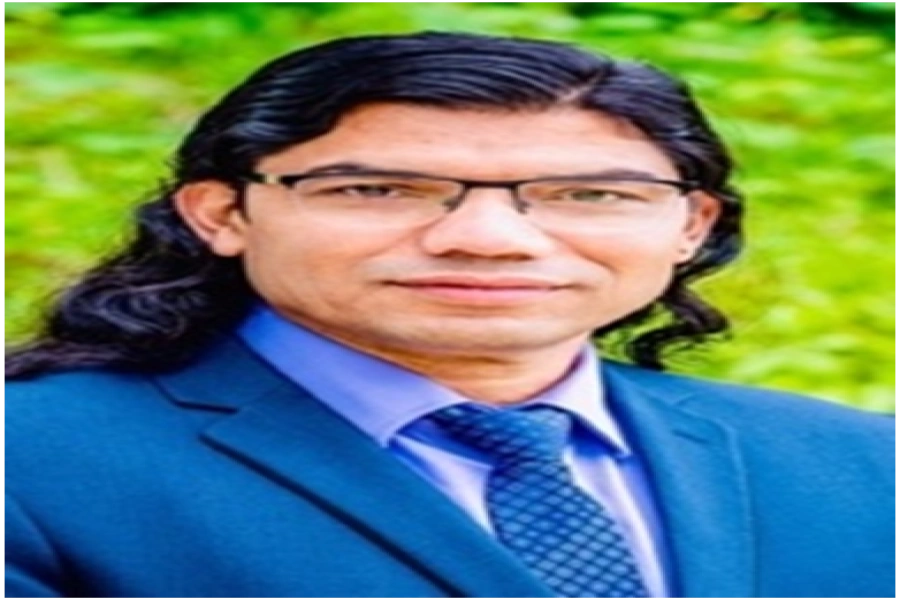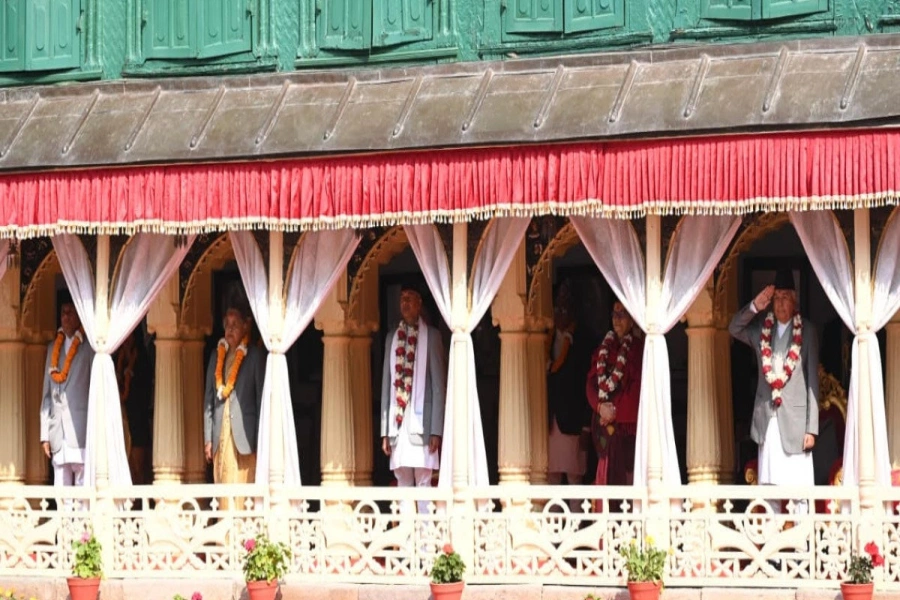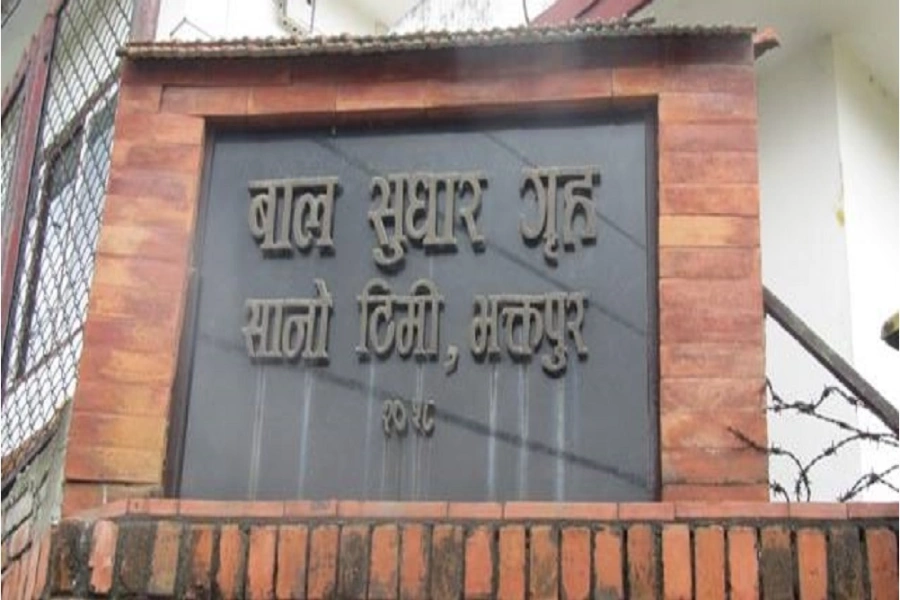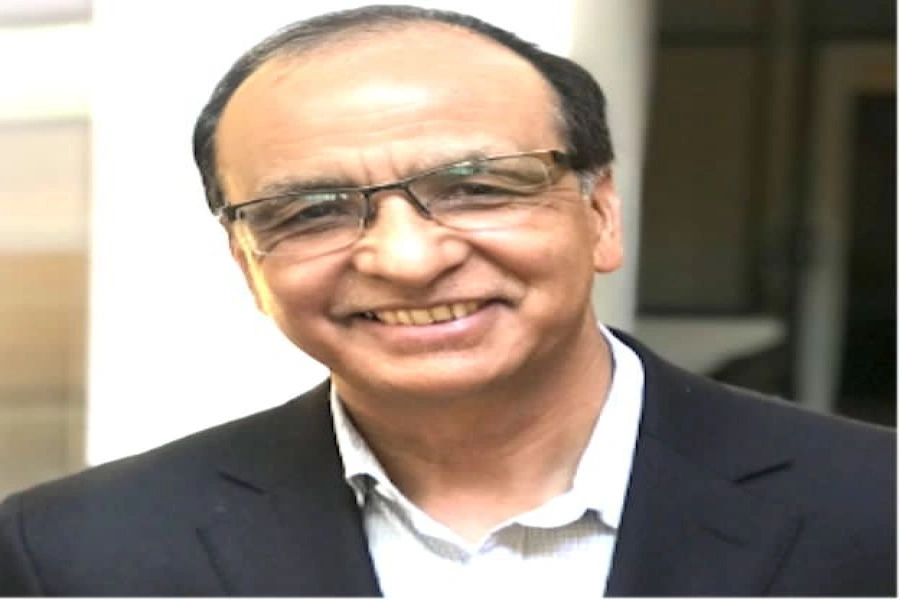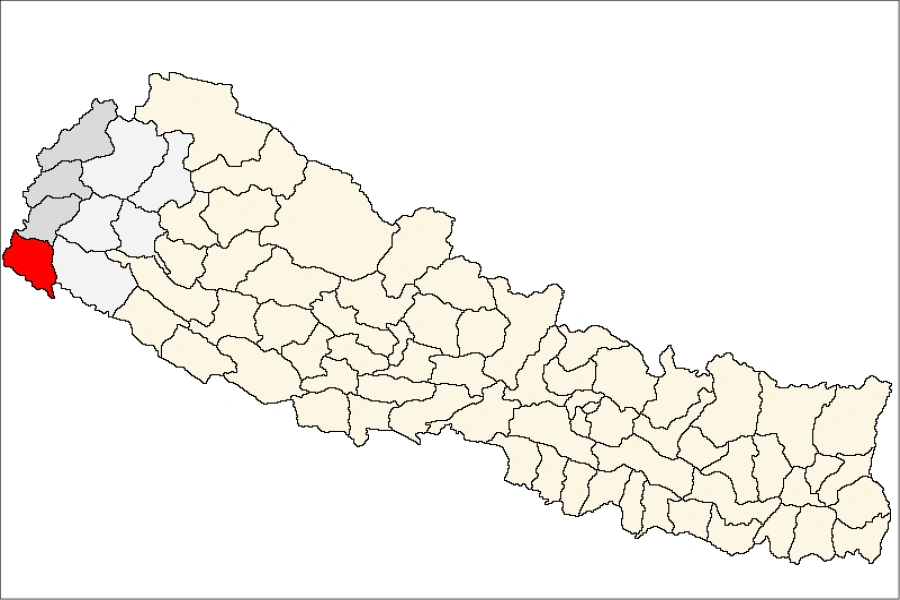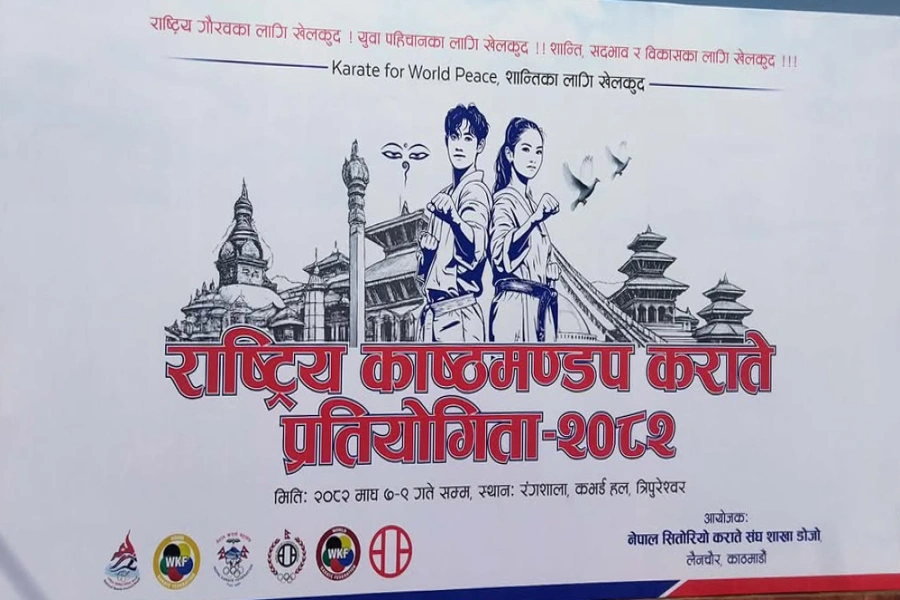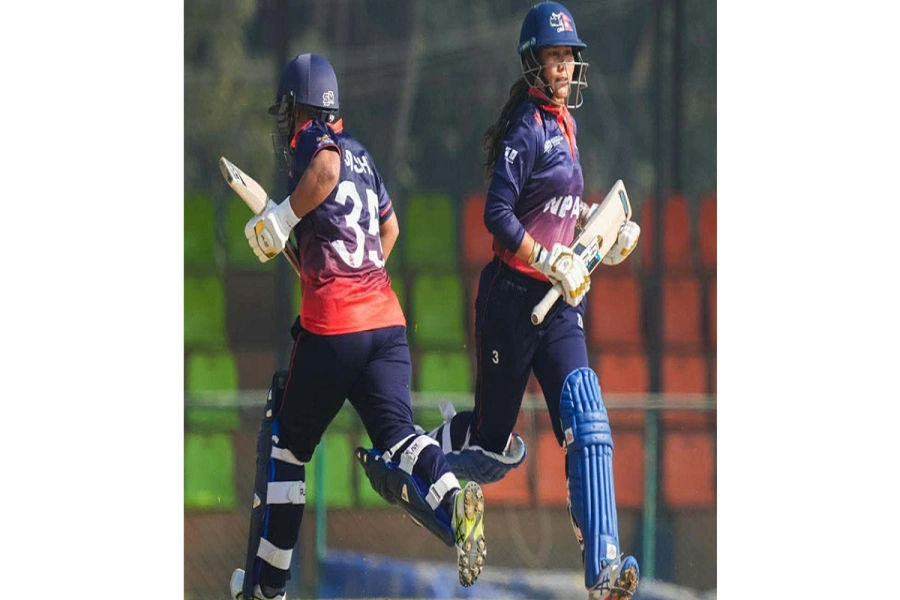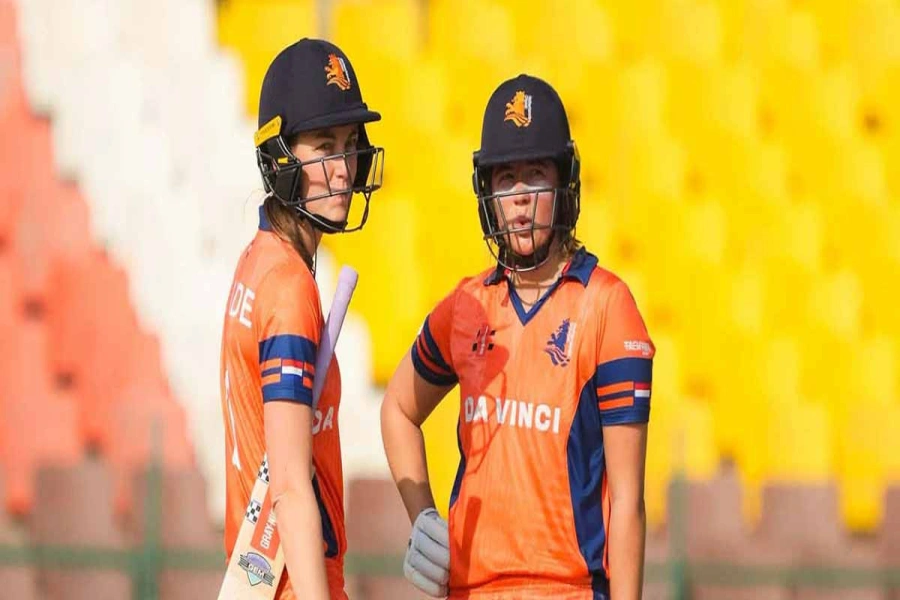Disabled communities in Nepal are disenfranchised before, during, and after elections
Persons with disabilities in Nepal are highly-discriminated and ostracized because of deep-rooted social stratification and neglect, regardless if you’re a Dalit, Madhesi, or from the higher-caste groups. They are confronted with barriers that hinder them further from exercising their right to vote.
For the first time, the country passed Disability Rights Act last year in compliance with the Convention on Rights of Persons with Disabilities (CRPD), which the country had ratified in 2010. The international and domestic laws oblige the state to ensure the inclusion of disabled persons. Unlike the antiquated Disabled Protection and Welfare Act of 1982, the recently-passed law uses a milder language in describing persons with disabilities and applies a human rights-based approach to analyzing disability issues.
Earlier this year, I researched on the right to vote of persons with disabilities as part of my requirements for my master’s degree in Thailand. During my nearly six months stay in Kathmandu, I interned at National Federation of the Disabled-Nepal and met several respondents ranging from disabled voters to activists of disability rights, and officials of National Human Rights Commission (NHRC) to the Election Commission of Nepal (ECN) to discuss the challenges burdening voters with disabilities during the last elections.
What I found
My study found an immense array of challenges that persons with disabilities confront when it comes to their electoral rights. Voters’ registration and information, the commute going to the polling precinct, the inaccessible facilities, the ballot, and the quality of assistance by polling officers, were key challenges, among others. During my interviews with disability rights activists and voters, I came to realize that enhancing the accessibility of the electoral process is seemingly not prioritized by the previous administrations and the ECN.
Understanding disability

Let us begin with an all-classic example (and excuse) of politicians—Nepal’s vast and sporadic topography. The landlocked nation is partitioned into mountainous, hilly, and plain areas with both sweltering and glacial temperatures. Disabled voters residing in the high-altitude areas who are denied access to healthcare and other amenities may not even consider spending an entire day for voting. Even disabled voters in the Tarai cannot access polling precincts because of other factors, such as the absence of public transportation as a result of ECN’s vehicle ban.
The ECN’s vehicle ban has hindered the mobility of disabled voters, especially those who live in remote villages and need to commute to polling centers. ECN provides vehicles for the elderly and disabled but not all districts are fortunate to have this service. Moreover, respondents noted that some political parties usher disabled voters to their polling precincts in exchange for their votes.
Voters with visual impairment yearn for the speedy implementation of Electronic Voters Machine (EVM). Several prototypes used in European countries contain Braille buttons and pre-recorded instructions, thus facilitating the ease and comfort of voters.
However, the country’s vibrant multiparty system, government’s meager finances, and cramped electoral timeframe ripped plans to fully implement EVM system during the 2017 polls. Although the ECN created an educational clip for visually-impaired voters, election-related information was not readily made in sign language for those with hearing and speech impairments.
Because of the unavailability of disability-friendly devices and information, voters with disabilities tend to rely on others in casting their vote. Some voters, especially those with visual impairments, fear that their assistants would vote for the parties of their preference, and not the parties they want to vote for.
As per ECN’s guidelines, only relatives can accompany disabled voters to the polling precinct, a provision that is in contrast to Article 29(a) of the CRPD. Voters with disabilities have the right to choose their companion, regardless of their relationship or consanguinity.
The perception of ECN and government officials was that building ramps is tantamount to ‘accessibility’. Government agencies must consider other aspects of inclusivity—WASH facilities, grab bars, the condition of roads, and proficiency of polling officers on disability training, to name a few. Schools, recreational spaces, and even government establishments must follow the universal design standard.
Their voices matter
Citizens of a country must have an opportunity to visit the polling precinct, ink their ballots, and cast their votes without fear or intimidation. Yet, many marginalized groups, such as the disabled community in Nepal, are constantly disenfranchised before, during, and after elections.
Inaccessibility of elections is tantamount to their exclusion from the electoral process. Article 29 (a) of the CRPD is fully integrated in Nepal’s laws and policies but falls short of willful implementation.
To achieve universal suffrage, governments must duly recognize the civil and political rights of persons with disabilities. The ECN can coordinate with Disabled People’s Organizations and other concerned authorities in conducting door-to-door voters’ registration and facilitating voter’s registration for the elderly, ill, and persons with disabilities.
Second, the ECN must lift the ban on public vehicles on polling day as this obstructs the mobility of persons with disabilities. This imposed ban hinders the comfortable movement of disabled voters who don’t have other means of transportation besides commuting.
Finally, the government should allow persons with disabilities to freely choose their companion in casting their vote. They should not be restricted to just choosing their immediate family members as chaperones during elections.
While the country is invigorating its institutions under federalism, both federal and provincial governments must overcome the challenges of persons with disabilities in exercising their electoral rights. This will only ensure their proper representation in all three branches of the government.
The author is a human rights defender from the Philippines and is currently interning at May 18 Memorial Foundation, in South Korea




